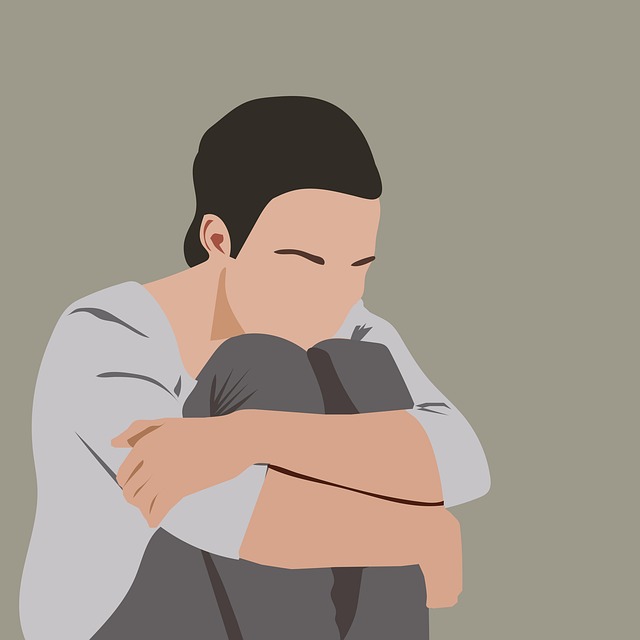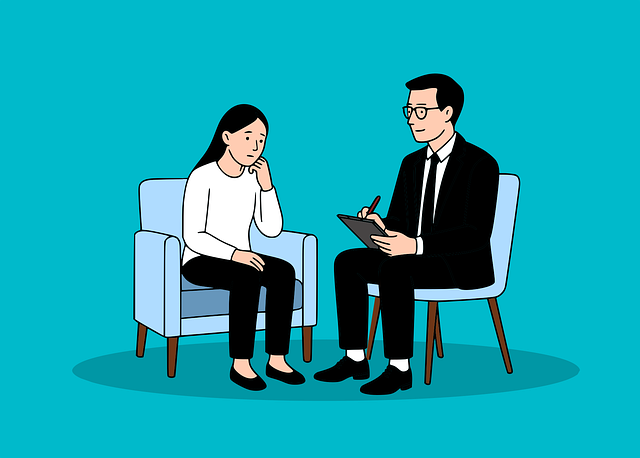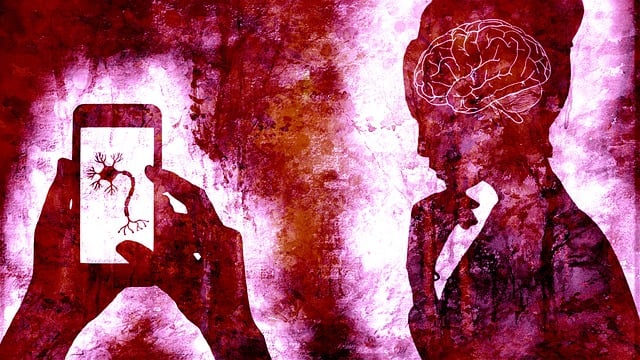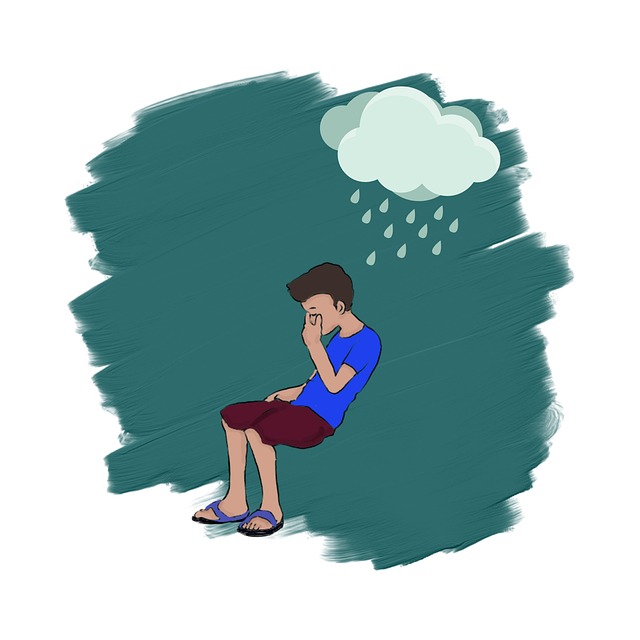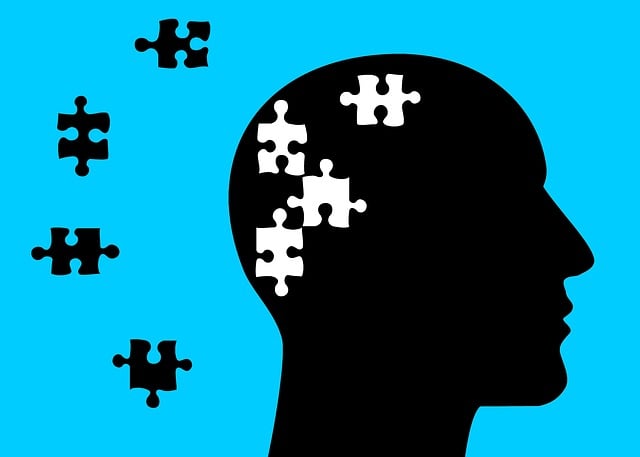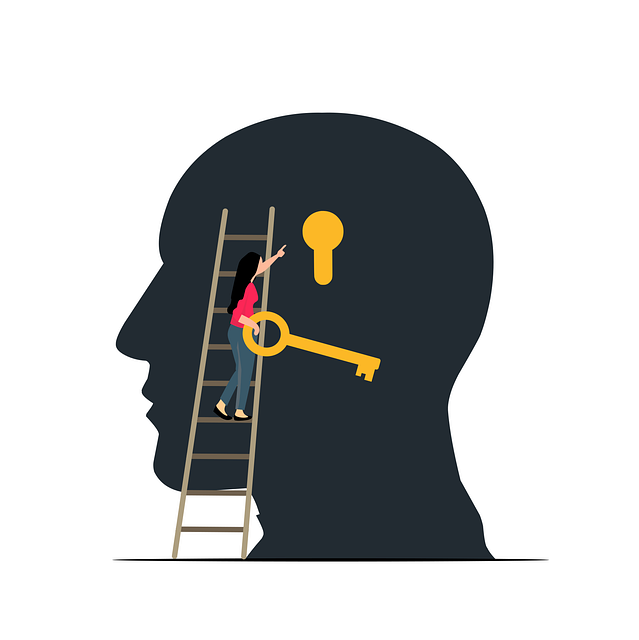Mental wellness group facilitation uses shared experiences and peer support to enhance healing and personal growth among diverse adults. Facilitators create safe spaces, incorporating techniques like EMDR to process trauma and reduce anxiety/depression symptoms. Burnout prevention strategies are included to address professional stressors. This approach combines dynamic therapy sessions with social skills training for holistic development. Skilled facilitators adapt cultural competency and creative tools to cater to unique needs, fostering open dialogue and emotional release.
Mental wellness group facilitation is a powerful approach in adult therapy, offering support and empowerment through shared experiences. This article explores the art of guiding groups towards healing and growth. We begin by defining group facilitation and highlighting its significance in modern mental health practices, especially with techniques like Eye Movement Desensitization and Reprocessing (EMDR). Then, we delve into practical strategies for facilitators, covering everything from creating safe spaces to leveraging group dynamics for optimal therapeutic outcomes.
- Understanding Mental Wellness Group Facilitation
- – Definition and importance in adult therapy
- – Key roles and responsibilities of a group facilitator
Understanding Mental Wellness Group Facilitation

Mental wellness group facilitation involves guiding a diverse range of individuals through therapeutic processes aimed at improving their mental health and well-being. It’s a collaborative approach that leverages the power of shared experiences and peer support to enhance healing and personal growth. Facilitators play a crucial role in creating a safe, non-judgmental space where participants can openly discuss challenges, share strategies for coping, and build meaningful connections.
This technique is particularly effective for adults seeking therapy, as it offers a supportive environment for cultivating positive thinking and strengthening social skills. For instance, techniques like Eye Movement Desensitization and Reprocessing (EMDR) can be integrated into group sessions to help individuals process traumatic memories and reduce symptoms of anxiety and depression. Additionally, burnout prevention strategies for healthcare providers are increasingly being incorporated into these groups, acknowledging the importance of collective care in addressing professional stressors.
– Definition and importance in adult therapy

Group facilitation plays a pivotal role in enhancing mental wellness among adults through dynamic and interactive therapy sessions. In the realm of adult therapy, this approach offers a supportive environment where individuals can connect, share experiences, and learn from one another. By fostering a sense of community, group facilitators create a safe space for participants to explore their emotions, build resilience, and develop effective coping strategies. This collective experience is particularly beneficial in managing stress, anxiety, and other mental health challenges that are prevalent in today’s fast-paced world.
One of the powerful techniques employed is Eye Movement Desensitization and Reprocessing (EMDR), which has gained significant traction in therapy for adults. EMDR combines eye movements with guided recollection of traumatic memories or stressful events, aiding individuals in reframing their perceptions and reducing the intensity of associated emotions. Integrating such innovative methods within group settings not only complements but also amplifies the therapeutic outcomes, making it an integral part of organized stress management workshops and mental wellness coaching programs. Additionally, social skills training can be tailored to enhance interpersonal interactions, further enriching the overall experience and contributing to individuals’ holistic development.
– Key roles and responsibilities of a group facilitator

The role of a group facilitator goes beyond simply moderating discussions; they are the orchestrators of therapeutic experiences for adults seeking mental wellness through EMDR (Eye Movement Desensitization and Reprocessing) therapy. Their primary responsibility is to create a safe, supportive, and inclusive environment where participants can share their experiences and journey towards healing. Facilitators must possess excellent communication skills, enabling them to guide conversations while ensuring every member feels heard. They facilitate open dialogue, encourage active participation, and foster a sense of community among diverse individuals.
A skilled group facilitator ensures the smooth execution of therapy sessions, adapting techniques from healthcare provider cultural competency training to cater to the unique needs of each participant. They may incorporate elements from Mental Wellness Podcast Series Production or Public Awareness Campaigns Development to enhance engagement and understanding. By promoting active listening, empathy, and respect for cultural differences, facilitators create a powerful space for emotional release and personal growth, ultimately supporting individuals in their mental wellness journeys.
Mental wellness group facilitation plays a vital role in adult therapy, providing a supportive environment for individuals to process trauma and promote healing using techniques like EMDR. By understanding the key roles and responsibilities of facilitators, we can enhance the effectiveness of group therapy for adults, fostering meaningful connections and positive outcomes.
